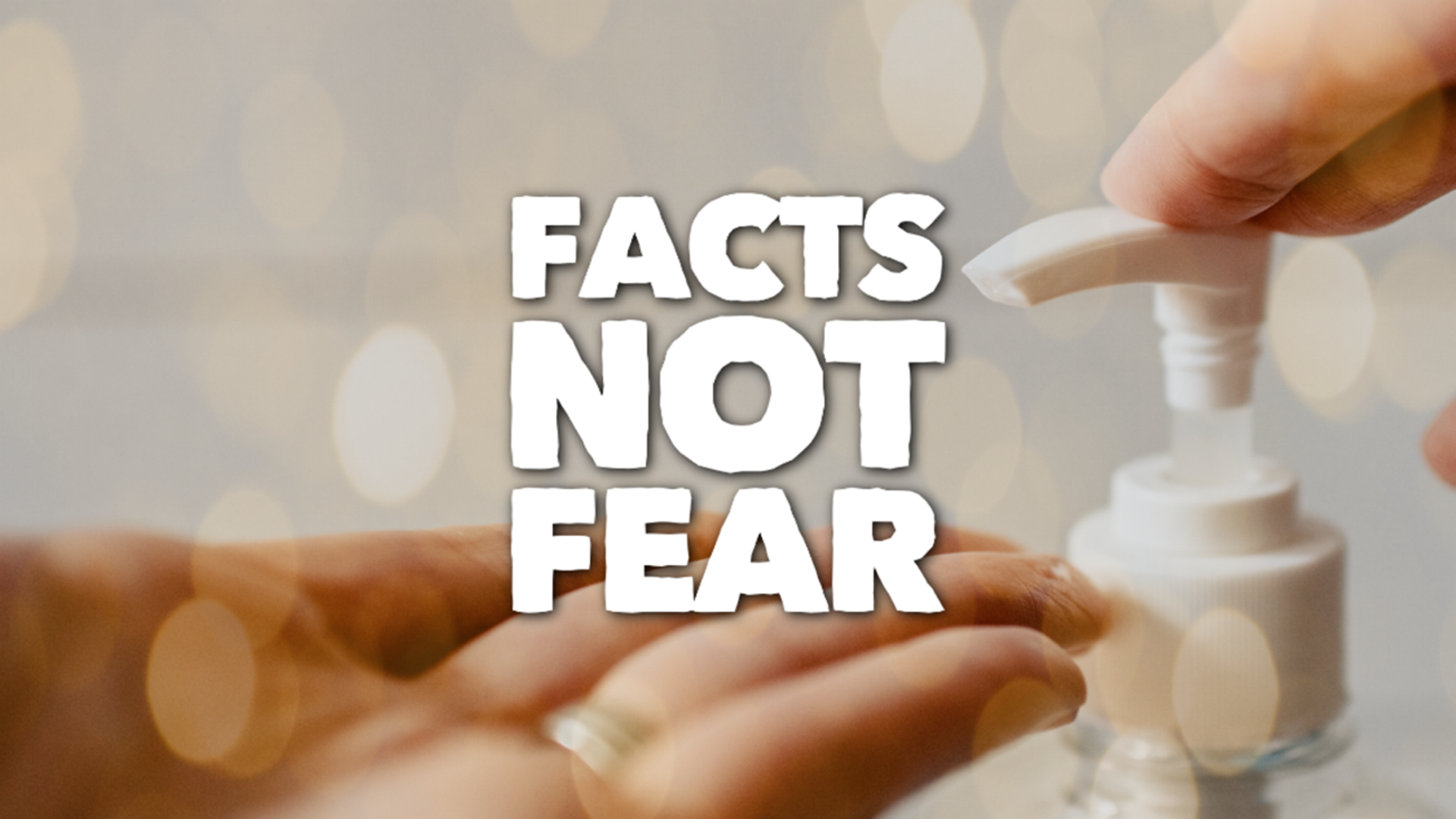DALLAS — Jennifer is one of our Verify viewers, and she's got a lot on her mind lately.
"I actually had a hard time falling asleep last night. Not so much 'What happens if I get it?', but what does our day-to-day life look like now?" she said.
Jennifer's got a young daughter and aging grandparents. And when it comes to the coronavirus — probably, a lot like you — she wants to know how prepared she needs to be.
"How prepared should I be in a sense of, what do I need to have on hand? How long is this realistically going to last and what precautions should I be taking?" Jennifer asked.
So I brought her to Dallas County Health and Human Services, where we interviewed the DCHHS director, Dr. Phillip Huang.
"So, I feel like we're having a very large reaction to this. How is COVID-19 any different from, say, H1N1 or the recent epidemics we've had?" she asked Huang.
"As we're learning more and more, it's pretty easily transmitted and the severity of these vulnerable populations is very high," Huang said.
Researchers have estimated the fatality rate of COVID-19 using health data from China. They found low death rates in younger people and high rates in older people.
People over 80 have an 18% chance of dying from COVID-19.
"We saw what happened in that nursing home in Seattle. This is what we're trying to prevent. And that's a lot higher than flu," Huang said.
"At what point do we say, 'I need to get tested?'" Jennifer asked.
Unless you have that known exposure or been to some place where there is a known higher risk and community spread, Huang told us that it is much more likely you would have flu at this point than COVID-19.
"You don't want to waste tests on that and not be able to test people that really have been in contact with someone and could be spreading it," he said.
In terms of being prepared, Jennifer has seen the run on paper supplies and food at local stores, which bothers her and seems excessive.
The Department of Homeland Security says, in a pandemic, families should store a two week supply of food and water.
"How prepared should we be in this current environment?" she asks.
"We want everyone to be prepared. Not panic. But be prepared. Think through what are you gonna do if the schools are closed. What are you gonna do about taking care of your children? What are you going to do with work options?" Huang said.
At the end of our interview, Huang showed Jennifer how the pros wash their hands. She was impressed with the technique.
"That is way more intense then I have ever washed my hands and I would have said I was a good hand-washer," she said.
OK. Interview's over. How is Jennifer feeling about things?
"All the protocols of closing schools and not allowing people to gather, does that feel like that is called for? That is appropriate?" I asked her.
"I would have said, starting this today, it's a little extreme. I would've said, 'That's extreme.' But after talking with the doctor and understanding why these precautions are being made, so we keep this number as low as it is. I understand why it's happening," she said.
More on WFAA:
- Live COVID-19 updates: Dallas County cancels all jury trials through May 8
- Coronavirus live blog: Vaccine trial starts Monday; CDC recommends no events with 50 or more
- LIST: Dallas-Fort Worth area business closings
- LIST: COVID-19 causes cancellations at churches, mosques across North Texas
- Democratic debate: Biden, Sanders call for more testing to combat coronavirus pandemic

